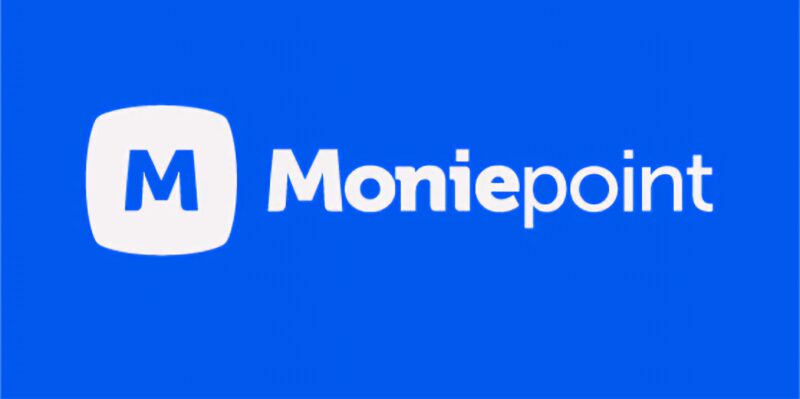Nigeria’s Fintech Giant Moniepoint Seeks commercial banking license in a game-changing move to Revolutionize Banking Services, Challenge Traditional Banks, and tap into lucrative markets.
Moniepoint, one of Nigeria’s fast-growing fintech companies, is making strategic moves to secure a commercial banking license from the Central Bank of Nigeria, according to three sources close to the discussions. If granted, the license would enable Moniepoint to expand its services across the country and enter high-revenue areas like foreign currency transactions and treasury operations, potentially setting it apart from competitors like OPay and Kuda.
The license bid aligns with the company’s goal to increase its footprint in Nigeria’s financial market by offering services beyond its current microfinance banking scope. Having already carved a niche in the agency banking sector, the fintech plans to open physical branches across Nigeria to boost customer trust—a significant factor in Nigeria’s low-trust financial environment.
Ambitious Growth Plans: Expanding Reach and Product Range
With a commercial license, the company would be able to offer a broader suite of financial products and serve a larger geographic area. Foreign currency transactions could become a major revenue stream, mirroring the success of Nigeria’s top banks, which collectively earned N3.37 trillion from these transactions in the past nine months. This growth potential also makes Moniepoint a serious contender to become Nigeria’s first fintech with a full commercial banking license, similar to the approach of Latin American giant Nubank in Mexico.
“This would be a milestone move for Moniepoint, positioning it among Nigeria’s top financial players,” said an industry expert. “Nigeria’s biggest banks, which often provide subpar services, might feel the pressure from this fintech’s innovative approach.”
Moniepoint’s Path to a Banking License: Challenges and Strategic Hiring
Gaining a commercial banking license involves navigating the central bank’s complex vetting process, which could take up to a year. To meet regulatory demands, Moniepoint has ramped up its compliance team, adding over a dozen professionals in fraud monitoring and regulatory oversight since early 2024. In preparation for these heightened regulatory standards, the company has also hired Bayo Olujobi, former CFO of Stanbic IBTC, to steer its financial strategy.
In line with regulatory requirements, Moniepoint would need to establish physical branches equipped with necessary infrastructure like strong rooms and banking halls. The capital requirement of $30 million for a regional license is well within the company’s reach, following its recent $110 million funding round that elevated it to unicorn status.
Advantages Over Competitors and Potential Market Take Over
If successful, the company’s commercial banking license could revolutionize Nigeria’s financial sector, providing a fintech-driven approach to banking that many believe is overdue. Nigeria’s top banks often rely on corporate deposits for profitability. In contrast, Moniepoint’s strategy would allow it to broaden its income base, including international transactions and corporate banking—services typically out of reach for microfinance banks.
Unlike traditional banks that generate most of their profits from corporate banking, Moniepoint’s retail-focused approach could take over the market by offering more consumer-centric products, positioning it as a competitive alternative to established banks.
With strong growth momentum, the company’s customer base is estimated to rival established banks like Globus Bank and even larger fintechs like OPay. This rapid expansion could set a precedent in Nigeria, especially for a late entrant in the banking space.
A New Era for Moniepoint and Nigerian Fintech
The move for a commercial banking license signals the company’s readiness to mature into a regulated banking entity, a significant step as Nigeria’s central bank has recently adopted a more stringent regulatory stance toward fintechs. For Moniepoint, this shift would mean freedom from the geographic and product restrictions of its current microfinance license, allowing it to compete in a wider range of financial services.
By pursuing a full commercial banking license, Moniepoint is not only doubling down on its growth ambitions but also paving the way for a new era of fintech-driven banking in Nigeria.











Monie point takes customers money